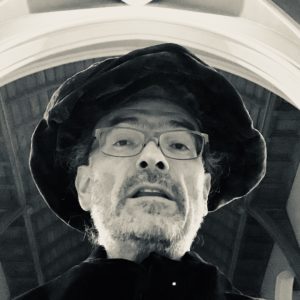A comment taken from the Guardian on 5/2/18 about the article “Why the Lords are right to apply the brakes on a train-crash Brexit” by Karan Bilimoria
“Any referendum is snapshot of the public mood at any one moment in time, and therefore unless you have a very clear result one way or the other (I’d reckon a minimum 15% gap), the argument will rage about whether the result truly represents the „will of the people“ – and then you would need to repeat the question periodically to discover if that is an ingrained view within the population.
With the EU referendum, the gap between the sides was significant but small – 1.27 million votes (less than 4%). But with roughly 500,000 people dying and 700,000 new eligible voters each year, by the time Brexit comes to happen 3 years after the vote – there will be more people who were not asked than the difference between the sides (2.1 million), and more people who were asked but are no longer around (1.5 million). The outcome could be very different based purely on the 3.6 million individual differences in the voting population – and that’s greater than 10% of the referendum turnout.
And that’s why simple majority referendums are a poor mechanism on which to form policies. They tie a government’s hand – and other politicians – to a position that is only relevant to the moment of asking. They create policy conflict that can be irreconcilable to the broader manifestos on which 5 year governments are formed.
The House of Lords sits outside that cycle of election and patronage to the executive. That’s what gives it its power to advise and recommend the executive look again. And that’s all it has. The Government can use the Parliament Act at any stage to vote down the Lords.”
This are facts I never thought of, brilliant.



